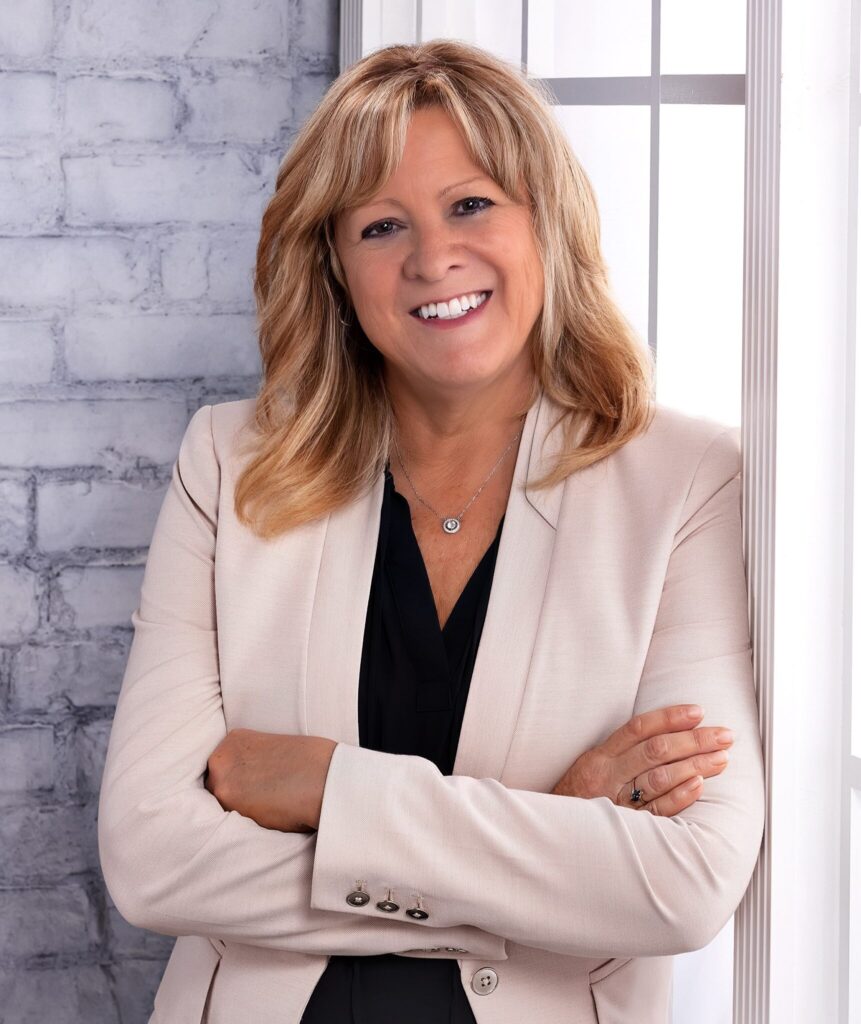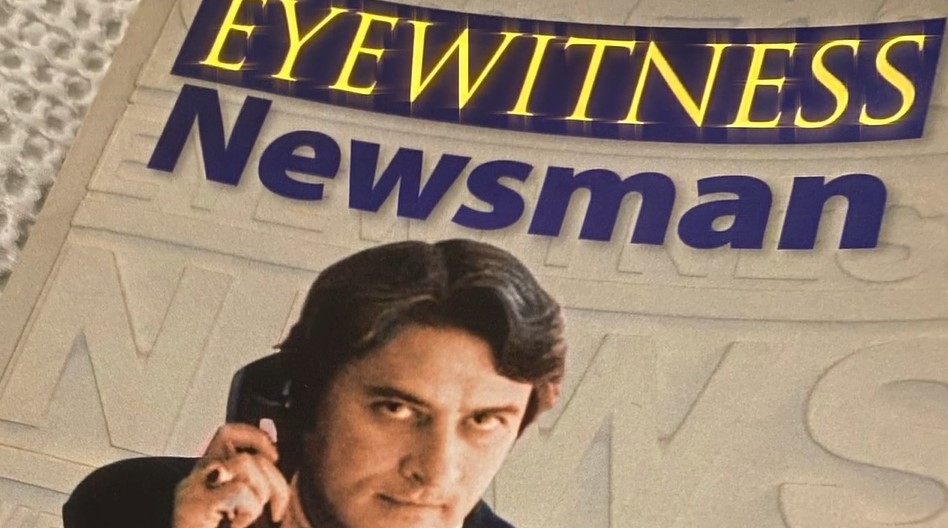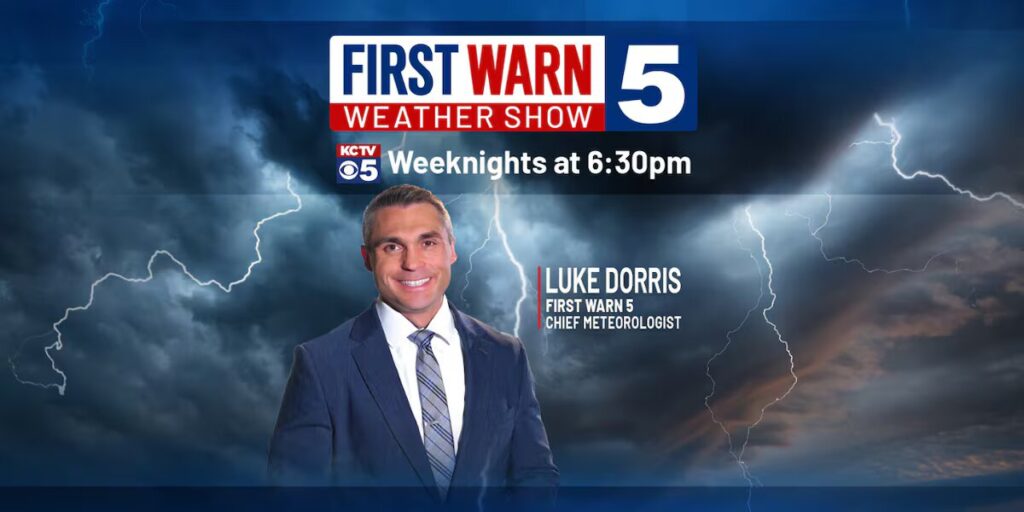
TVN’s Executive Session | Debmar-Mercury: There’s Still Life In Syndies

Reports of syndication’s imminent demise may be premature, especially if you’re asking Mort Marcus and Ira Bernstein.
The co-presidents of Debmar-Mercury are the producers and distributors of Nick Cannon’s eponymous new talker, which, along with Drew Barrymore’s forthcoming show brought a sense of cautious but long-missing buoyancy to last month’s NATPE. The new talkers come on the heels of The Kelly Clarkson Show and Tamron Hall, two shows striding into their own sophomore years, suggesting there may yet be new life in daytime.
Marcus and Bernstein would be the first to insist on it as stalwart exponents of syndication’s potential despite waning audiences and streaming’s growing threat.
In an interview with TVNewsCheck Editor Michael Depp, the veteran executives say syndication’s landscape has gotten more complex, but it remains a solid business where broadcasters still hold an edge in key dayparts and profit margins remain strong.
An edited transcript.
Let’s start with Nick Cannon’s new show. What does Nick have that the other talkers don’t?
Bernstein: He has a point of view, and that is the difference. He is an actor, but he has also hosted prolifically and he is a comedian. When you look at what has worked in talk, it’s been people with a specific point of view.
Marcus: He is a man. There are no talk shows that are hosted by men. There used to be all the time. He is at the peak of his career. A lot of times when these TV or movie celebrities come into the market they can be [on] the downside of their career. Nick is at the peak of his career. We just think it’s the right time and he is the right guy.
Is his show a straight barter deal or are there also licenses?
Marcus: Absolutely not. We would never ever, ever do that. It’s an impossible way to run a business. It’s cash plus.
Are there a number of new shows getting licenses these days or is this an exception?
Marcus: Any major show that comes to the marketplace has a license. When you look at Ellen, Rachael, Kelly and Ryan, Kelly Clarkson, Tamron Hall, Nick Cannon, Wendy Williams, they all have cash.
The last few years haven’t been great for syndication with very little new activity, but with Drew Barrymore, Tamron Hall, Kelly Clarkson and Nick Cannon, we are starting to see some stirrings. How do you read the tea leaves in terms of potential new programming?
Bernstein: You are saying the last few years haven’t been great for syndication. I think the last few years have been good. There’s been a lot of development and two of the three shows [launched last year] got renewed, which is pretty remarkable. Over the next few years we expect some of the stuff that is sort of on the edge to go away, which will create more opportunity.
Nexstar is now the largest U.S. station group. It’s a huge force at the table with 66% of the country. How does the fact that Nexstar has taken over the Tribune stations change the syndication dynamics?
Marcus: In the world that we are living in today, all the groups have gotten bigger, but ironically it’s gotten a little more complex. Nexstar can’t buy any show in all the markets. They have needs everywhere, but they can’t take a show everywhere because some stations just don’t have room. The same stations are out there that were there before and it’s just more complex in the way it’s managed. We are already doing deals with them.
The stations haven’t gone away, but now they are Perry Sook’s stations. Can you foresee doing any deals with Nexstar like you are doing with Fox now?
Bernstein: Are you talking about a launch group?
Yes.
Bernstein: Yes. Right now, the two shows that we have introduced, we have launched with Fox as our launch group, but that doesn’t mean we wouldn’t come up with another show that we would go to Nexstar with and [E.W.] Scripps because Scripps is [in] New York. You still need New York.
When the station groups decided that they wanted to create their own syndicated shows, they largely launched efforts that had a hard time getting a national footing and tended to be more regionally oriented. Are they now producing fewer of their in-house syndicated shows? If they are, why is that?
Bernstein: They have kept what they have. You are talking about the local smaller productions, but yet they have continued to support the ones that they have.
Marcus: It does clog up the market some. For the most part, whichever group it has been, they haven’t been able to get any traction across the country. They have pretty much stayed in their own group. Maybe one day they will come up with a show that really does hit and everyone will want it, but right now it seems like it has stayed pretty much within their own hands.
CBS Television Distribution handles Debmar-Mercury’s national advertising business. How is syndication’s national barter business doing coming into the upfront season?
Marcus: It’s been really good. The increases have been great and it seems to be a relatively healthy market. We are really happy with CBS.
Recently there were some pretty big renewals of Days of Our Lives and General Hospital in what has otherwise been an uncertain time for daytime soaps. What should we make of those renewals?
Bernstein: The broadcast networks are entrenched in what they are doing. Those shows are not becoming more popular. They are hoping to continue to hang on to what they have.
If you were to prognosticate on the future of soaps looking further down the road at two or three years, maybe five years, what would you say?
Bernstein: Five years down the road, a lot of stuff is going to be different. Netflix is in 300 million homes and Disney Plus is everywhere. Everybody is watching an app. Broadcast will continue to exist. It’s sort of a mainstay. They are not doing shows for 18-year-olds in broadcast because that is not who is watching.
On the other hand, I don’t think the extremes work. When you start renewing soap operas that are literally 55-plus in their demo, that’s not really the solution long-term either. You have to innovate, and you have to keep trying things.
Sony has indicated that it is amping up its game show production having acquired the 42% of the Game Show Network that it didn’t already own. What is your view on the health of that category and its current potential?
Bernstein: On the one hand it’s really healthy, on the other hand it’s really hard to do. It is one of those areas that everybody looks at and is like, oh I can do a game show. It’s really hard to do. When it works, it sticks for a long time.
Marcus: It is really hard. The reason you keep trying is because when it works it is a fantastic business. It’s probably a slightly lower price point than some talk shows, but it’s all hard to do. You manage the risk on that just like you manage the risk on a talk show.
Prime access hasn’t had a lot of movement in a long time. Do you see any opportunities there?
Bernstein: Of course we do. You have a lot of these sitcoms that are aging out. Access is an opportunity. It’s one of the reasons we did Central Ave. We are doing it as a weekend show because there wasn’t room this year.
After all these years, broadcasters still seem to own dayparts like daytime, early fringe and prime access. How much longer do you think we can count on this to be the case?
Marcus: Why would it change? It was 10% of the business 30 years ago; it’s 10% of it now. The networks only supply so much programming. So unless that changes, their needs are going to be somewhat the same. Ira and I are in agreement that the sitcoms ultimately are going to window away. You start looking out three to five years and you are going to see a lot of first run original shows for the access time period and maybe for early fringe as well. But they need to program daytime, too, and daytime is a business.
Why it might change is streaming. How do you see streaming’s impact playing out in syndicated programming?
Bernstein: Well that’s not necessarily new. Streaming has affected everything, but it’s not anything different than we have already seen. We are living with it today. It’s going to continue. Honestly, it affects primetime way more than it affects daytime or access in terms of behavior.
Marcus: If you are home at noon and you want to watch something, will you watch the Wendy Williams show or will you go to your streaming service? Where it really is helping the stations is because there is massive cord cutting. That is killing the basic cable networks. They are losing their homes passed, and if they get down into below 70, 60 and then 50 million homes, that is not a national footprint anymore. They are going to have a really hard time reaching the kind of advertisers they want and producing the kind of programming that they want.
From a ratings perspective, the broadcast industry should be very healthy. The streamers will be competitive against the broadcast stations, but they are not taking their homes away. It’s just something else to watch.
What about syndicated programming’s role on streaming services? Do audiences want to see any of it on OTT?
Marcus: You are dealing with something that is on five days a week. Barring something really unique that happened in a day, for the most part you don’t need to watch it later because you can watch it tomorrow. You don’t need to record Family Feud. It’s on tomorrow. We do make some money and it helps in some ways because we can repurpose pieces of our shows digitally up to Facebook, YouTube and other areas, so we do get some of the benefit from it as well.
Should syndicators be securing streaming rights in their negotiations going forward?
Bernstein: We have them. If they are our shows, we own them.
Marcus: If we are paying $30 million to make a talk show, guess who owns those rights?
Can you ever see streaming series like House Of Cards or Grace and Frankie running in syndication?
Marcus: We are taking Schitt’s Creek, which was on Pop and also Netflix, and now we are going to syndicate it in the fall. We took BoJack Horseman and sold it to Comedy Central, so why not? It is good content.
Is there any major current in broadcasting or where it is intersecting streaming or cable where you would like to offer another prognostication?
Bernstein: Streaming has bifurcated television like never before, but even in light of that, you still have millions of people every day who are just watching broadcast TV.
Marcus: People still watch news at 10 o’clock at night.
Bernstein: If you look at Cox, Fox, CBS, Nexstar, you are talking about giant groups that are running businesses that operate at a 50% profit margin. It is extraordinary as a business, and yet the world looks at it as old news.
Marcus: They are growing. They are doing really well. They are not going away so fast.
Bernstein: Apollo, an investment banker, bought Cox only for one reason and it’s two words: cash flow. They think they can make that cash flow even greater. That’s broadcast TV. There is nothing more basic, old fashioned. They make stuff for a dollar and then they sell it for two dollars. At 30,000 feet, that is what they are doing.
























Comments (1)
[email protected] says:
February 25, 2020 at 12:03 am
I haven’t heard anything on Nick Cannon’s talk show other than that Fox was the launch group maybe was a hint that Nexstar may sign onto Nick Cannon which wouldn’t be on there TV stations I wouldn’t be surprised if Nick Cannon was on WOTV or WXSP. I believe in the fall WXMI Fox17 will put on the Scripps shows that they own Right This Minute which is now on WXSP I did see one weekend that RTM was on Fox17 which did air it for 2 years in the springtime of 2014 weekend only then fall was aired weekdays and then late night in fall of 2015 before moving to WOTV in the fall of 2016 when Media General owned the TV stations in West Michigan when Nexstar took over moved RTM to WXSP in Jan of 2017. RTM only airs half-hour only at 10:30AM on WXSP. Also, The List will be on the fall on Fox17 kinda surprised that it hasn’t gotten timeslot yet.
TEGNA Daily Blast Live has only been on there TV stations for most of there run Scripps did air DBL last year but ended when Sep came along I’m guessing they didn’t like the show and Sister Circle but only on a few TEGNA TV stations was never on all their on stations.